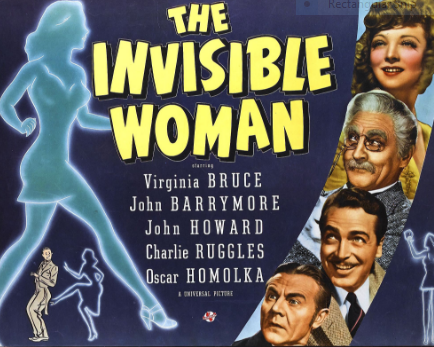 A BBC journalist has himself been in the news recently.
A BBC journalist has himself been in the news recently.
He is disabled, and quite rightly needs to use a disabled parking space.
So far, so good and I read his article in a weekend newspaper with a keen interest.
Until, that is, he stated that he had never yet seen a disabled person park in them; they all looked non-disabled. To him.
I’ve done some research and his complaint is not new – Boris Johnson even wrote an article citing him and his parking issues back in 2011.
I’m interested in how he can ‘spot’ a disabled person and whether in fact they do, ‘bound(s) out, whistling, remote-locking (their cars) with a backwards squirt of electrons.’
I wonder if, in the interest of his being a journalist, he has ever used his unique position to question these blue badge ‘frauds’. Perhaps strike up a conversation with one of those ‘bounders’?
Apparently not. Which renders his views utterly subjective and not based in reality or fact.
I have every sympathy for this journalist. Of course, he needs the extra space for his wheelchair that a disabled space affords. And, of course, there are many people looking to park in the same spaces as they too are disabled.
Essentially, there are not enough disabled spaces, and therein lies the problem.
So to broadly sweep a dismissive brush over every person he has ever seen park in a disabled space as ‘not disabled’ is breathtakingly insulting.
The Invisible Disabilities Association defines invisible disability as:
‘… symptoms such as debilitating pain, fatigue, dizziness, cognitive dysfunctions, brain injuries, learning differences and mental health disorders, as well as hearing and vision impairments. These are not always obvious to the onlooker, but can sometimes or always limit daily activities, range from mild challenges to severe limitations, and vary from person to person.’
Can this journalist see pain? Feel fatigue? Heat intolerance? All of which are valid MS symptoms, to mention just one illness that has invisible symptoms.
It’s hard enough being attacked by the Government through punishing benefits ‘reforms’ and not being at all represented in the last parliamentary election, even though 1 in 6 of us is disabled.
So to be attacked by ‘one of us’ (even though he clearly places himself above that) seems particularly harsh.
Aligning himself with the Blue Badge Disbelievers may gain him Brownie points and a few headlines, yet he does us all irreparable damage.

 One point amongst many brought up during the Taxi Driver Case, is that invisible illnesses can be tricky.
One point amongst many brought up during the Taxi Driver Case, is that invisible illnesses can be tricky. I was living in London when I was pregnant with The Baby and took the bus to work every day.
I was living in London when I was pregnant with The Baby and took the bus to work every day.